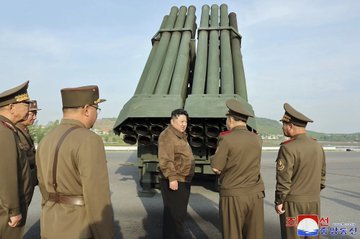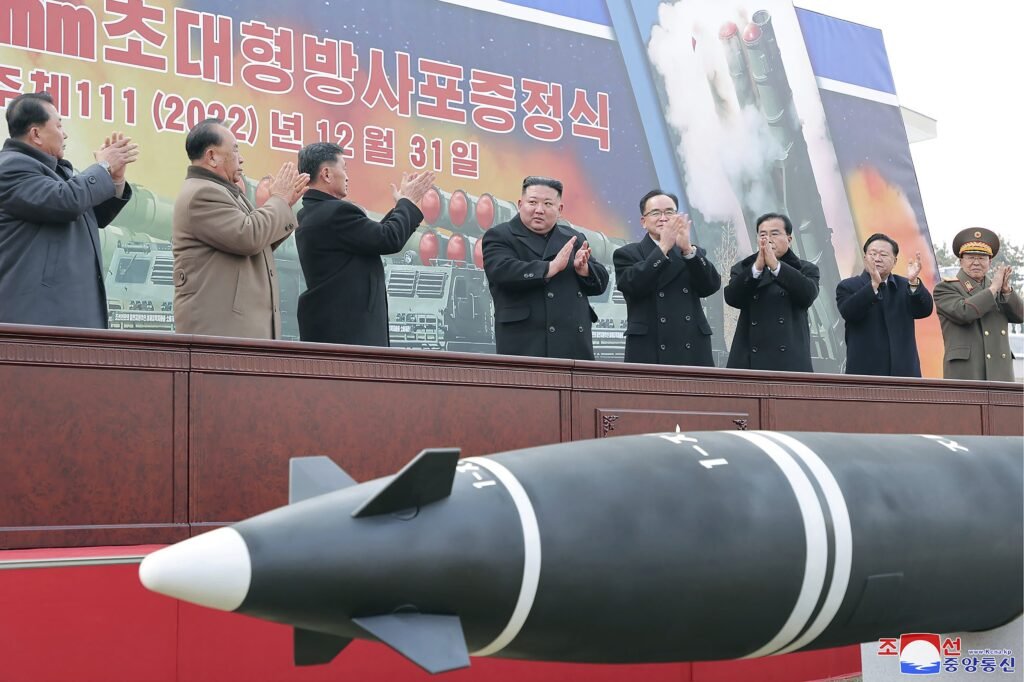Introduction to Kim Jong Un’s Condemnation
Recently, North Korean leader Kim Jong Un has made significant headlines by condemning the alliances formed by the United States with South Korea and Japan. Labeling this cooperation as an “Asian NATO,” he has escalated his rhetoric concerning nuclear threats, drawing the world’s attention toward the turbulent geopolitical landscape in East Asia.

Claims of Proxy Strategy
In his statements, Kim accused the U.S. of employing Ukraine as a proxy to enhance its global influence. This assertion reflects North Korea’s perspective on American foreign policy and its implications for regional security. In response to these perceived threats, he pledged to counter what he termed “U.S.-led threats” by intensifying North Korea’s nuclear arsenal. Such declarations raise alarms regarding the potential for increased militarization in the region.


The Potential Impact on Global Security
Experts warn that Kim Jong Un may seek to leverage military support for Russia as a means to acquire advanced technology for his weapons program. This development could lead to significant shifts in global power dynamics, intensifying concerns over nuclear proliferation. The intersection of North Korea’s ambitions and U.S. alliances with Japan and South Korea presents a complex challenge for international diplomacy.
As tensions rise, the international community must remain vigilant in monitoring North Korea’s actions while engaging in dialogues aimed at reducing the threat of nuclear escalation. Understanding these dynamics is crucial for fostering peace and stability in the region.